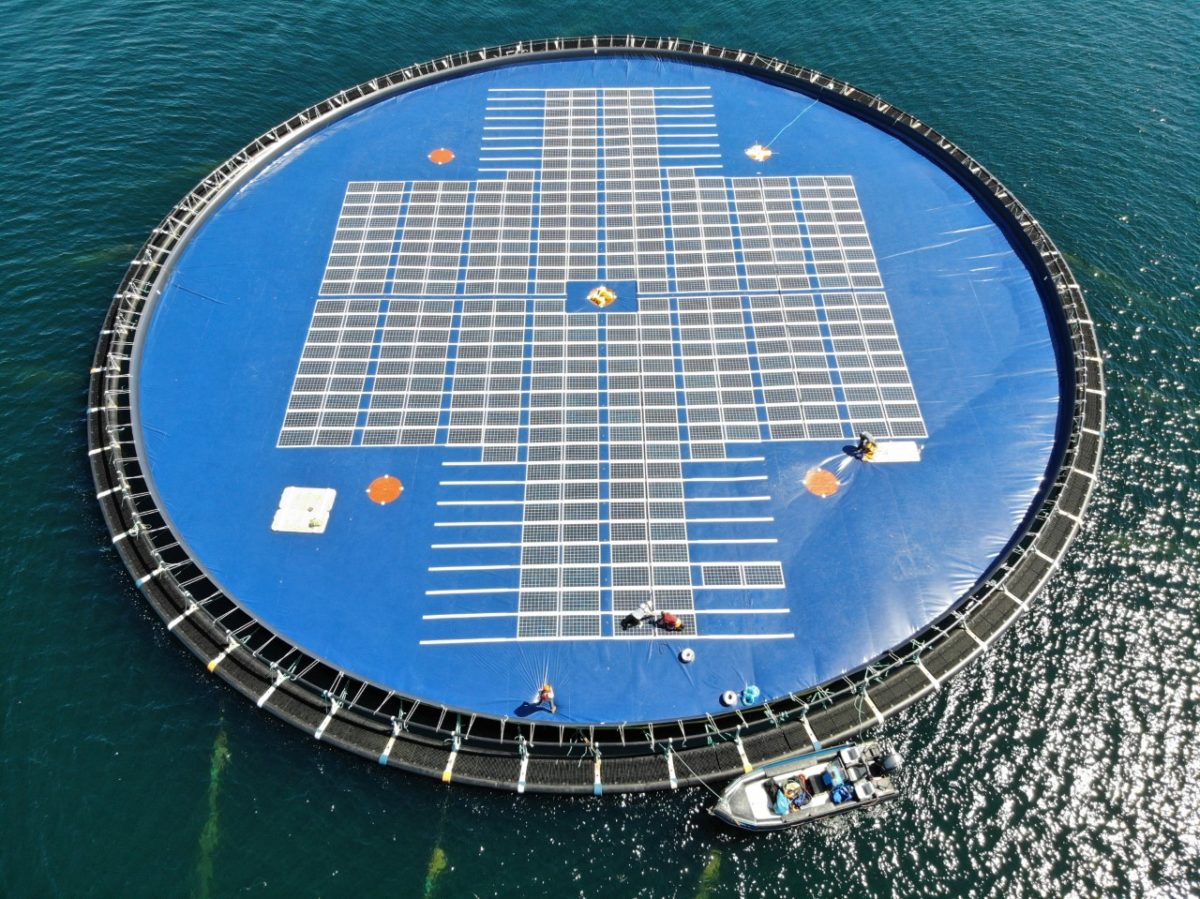While wind power understandably dominates the Offshore Renewable Energy Strategy unveiled by the European Commission, the document published on Thursday also notes the various EU funding pots which could support ocean-based solar development.
The commission policy paper hinges on an ambition to scale up today's 12 GW of European offshore wind generation capacity to 300 GW by mid century.
The €800 billion plan also envisages a gigawatt of other offshore renewables capacity by 2030 and 40 GW by 2050. European ocean-based PV may only amount to 17 kW of pilot projects at present but its extensive deployment on inland bodies of water arguably puts it ahead of rival emerging offshore technologies such as tidal and wave power, algal biofuels and ocean thermal energy conversion.
The offshore strategy, which will be considered by the European Parliament and Council of Ministers, mentions numerous sources of funding for open-water renewables, including use of the €673 billion Recovery and Resilience funding which is the central plank of the bloc's Next Generation EU, Covid-19 recovery plan.
Recovery and resilience cash can be spent on port infrastructure, grid connections and streamlining red tape, said the commission document. Other sources of offshore renewables funding include the InvestEU program, lending from the European Investment Bank and backing from the Connecting Europe Facility for cross-border projects. Cash disbursed under the Renewable Energy Financing Mechanism due from January 1 will enable landlocked EU member states to also invest in offshore facilities, said the commission, and research could be backed by the bloc's Horizon Europe and Innovation Fund pots. Member states eligible for the EU Modernisation Fund could also devote that finance to offshore renewables.
Under the planned offshore renewables strategy, a first, EU-wide tender for project capacity would be held next year.
This content is protected by copyright and may not be reused. If you want to cooperate with us and would like to reuse some of our content, please contact: editors@pv-magazine.com.




1 comment
By submitting this form you agree to pv magazine using your data for the purposes of publishing your comment.
Your personal data will only be disclosed or otherwise transmitted to third parties for the purposes of spam filtering or if this is necessary for technical maintenance of the website. Any other transfer to third parties will not take place unless this is justified on the basis of applicable data protection regulations or if pv magazine is legally obliged to do so.
You may revoke this consent at any time with effect for the future, in which case your personal data will be deleted immediately. Otherwise, your data will be deleted if pv magazine has processed your request or the purpose of data storage is fulfilled.
Further information on data privacy can be found in our Data Protection Policy.